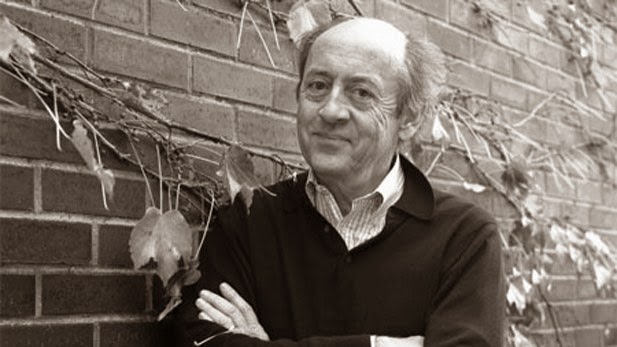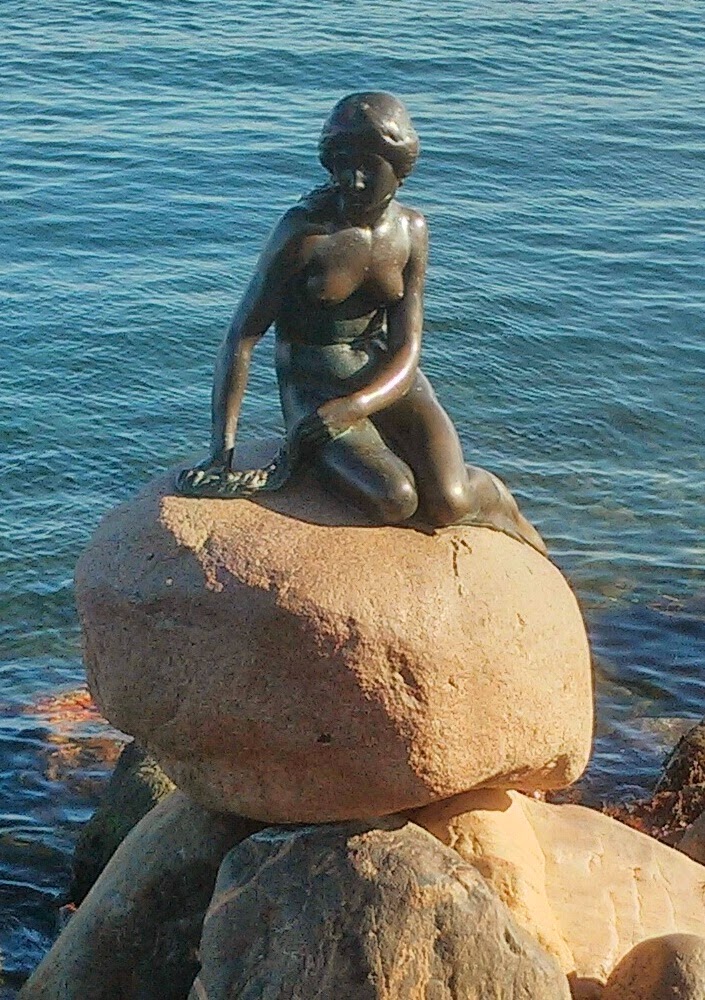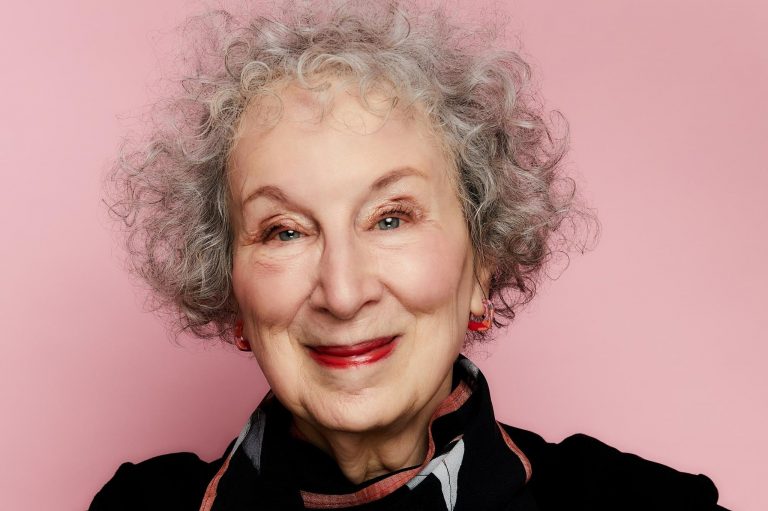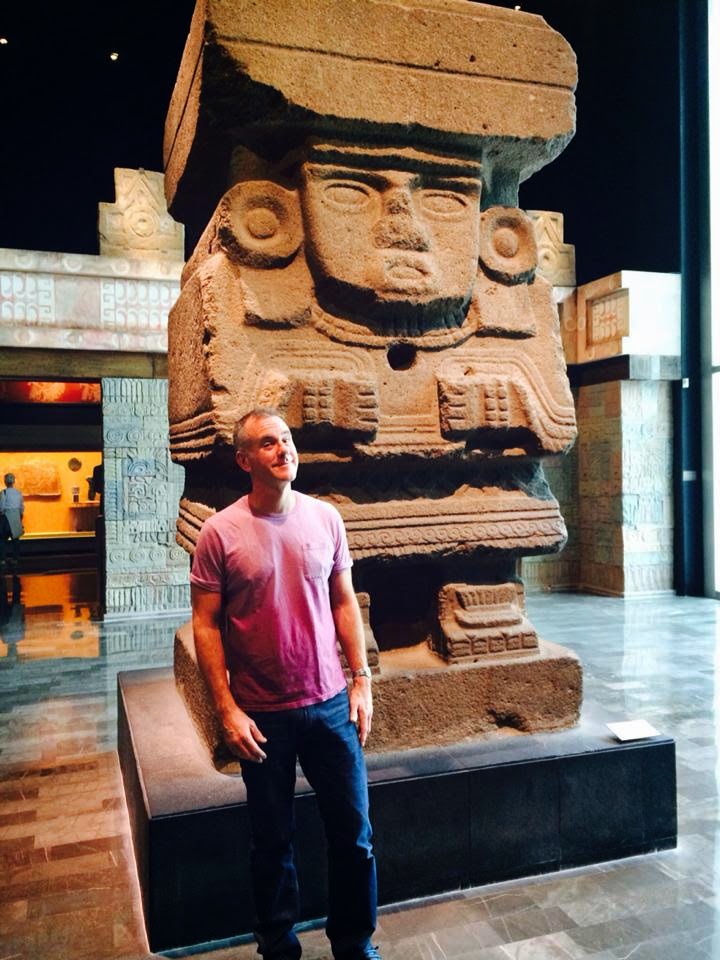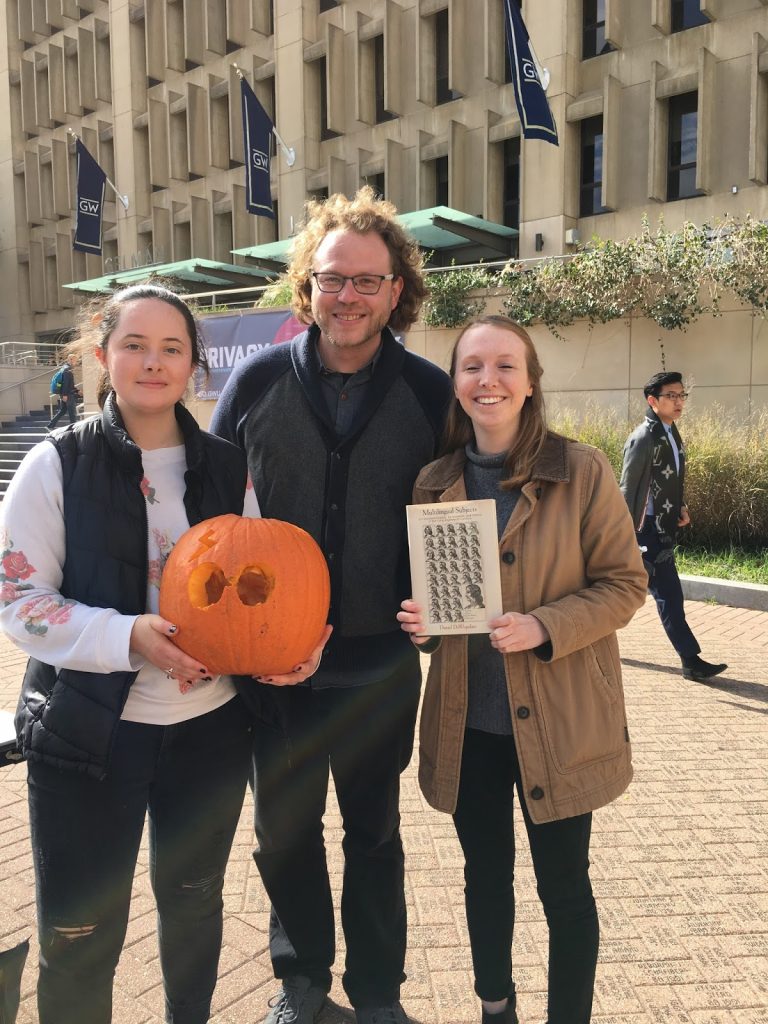The Dead
The dead are always looking down on us, they say.
while we are putting on our shoes or making a sandwich,
they are looking down through the glass bottom boats of heaven
as they row themselves slowly through eternity.
They watch the tops of our heads moving below on earth,
and when we lie down in a field or on a couch,
drugged perhaps by the hum of a long afternoon,
they think we are looking back at them,
which makes them lift their oars and fall silent
and wait, like parents, for us to close our eyes.
~
“The Dead” is one of my favorite poems. The calming tone it creates through language, with the boats rowing “slowly through eternity” and the speaker “drugged perhaps by the hum of a long afternoon”, lulls the reader into a sense of security. Poems about death are usually very solemn, but this one, ironically and playfully, incorporates life, making death seem poignant. There is no denial of death in this poem, only a quiet sort of acceptance.
There’s casualness to the poem as well. I like that the dead are not looking down and seeing their loved ones’ greatest triumphs, but instead, the dead observe the living “putting on our shoes or making a sandwich.” These common and mundane actions make up most of a person’s life, and it is probably what the dead miss most: we take the ordinary for granted.
What I find interesting is the line “they think we are looking back at them” because of the word “think.” Normally, one would think of the living reminiscing about and missing the dead. Instead, it’s the dead who do the missing. I think the contrasting images of the living doing things and the dead just rowing endlessly above speaks to the idea that the living have to go on, continue on in the cycle of their lives, while the dead are destined to watch because it’s all they have to do anymore.
BillyCollins infuses this wonderfully constructed poem with a reassuring sense and, at the same time, a touch of sadness. The last two lines, “which makes them lift their oars and fall silent/ and wait, like parents, for us to close our eyes” expresses sadness and compassion, invoking an image of a sleeping child who is watched over and thus protected. I originally believed the last words were just meant to be an image of the living falling asleep, but reading over it, I wonder if it is also meant to be a reference to death, as if the dead wait for the living to die, which is both sad and hopeful, a chance to be reunited.
—Sarah Fannon
Sarah is a freshman hoping to major in English and Creative Writing. She is a pop culture junkie and a mermaidenthusiast.

